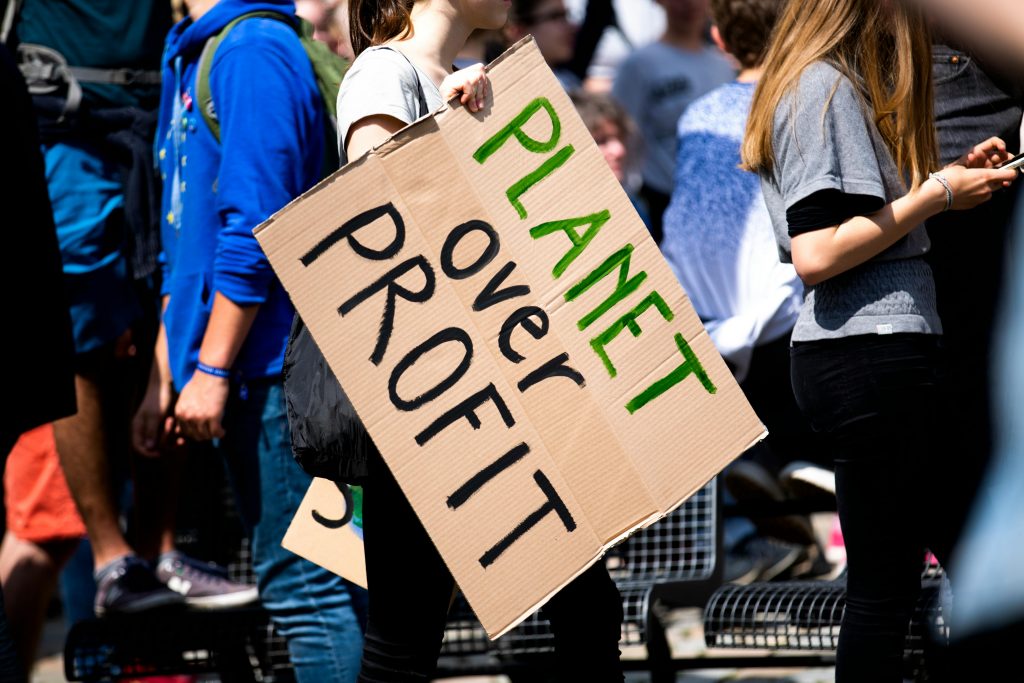
Marketing is driving consumption. This while consumption is a major contributor to climate change and individuals do not actually get happier from all that consumption. Could marketing also become a driver of less consumption?
- Unthinkable Marketing
The term demarketing -marketing aimed at discouraging consumption- was introduced by Kotler and Levy in 1971 in response to the question marks surrounding the relevance of marketing in times of scarcity. Demarketing is now getting renewed attention because reducing consumption has a direct positive effect on the burden on the environment. In doing so, demarketing is at odds with current marketing practice, which, with a few exceptions, encourages consumers in every way possible to buy as much stuff as possible to increase profitability.
Together with marketing practitioners, we explore how to load and shape a theoretical and conceptual concept like demarketing. We explicitly collaborate with marketing professionals from professional practice because we find, on the one hand, that there is a need among marketers for a different kind of marketing, and on the other, so that we can also directly test our ideas and findings in practice.
In doing so, we hope not only to change marketing practice, but also to gain inspiration and input for changing marketing education. So that the marketer being trained today will be a different marketer than the one we know for the time being. A marketer who acts from ecological and social interests rather than gain for the organisation he or she works for.
Articles
NIMA Business for Better: ‘De vele uitdagingen van marketing’ – NIMA
NIMA Business for Better: ‘Bestaat er zoiets als marketing zónder manipulatie…?’ – NIMA
NIMA Business for Better: ‘Non-coercive marketing’ – NIMA
https://hmr.nl/wp-content/uploads/2024/07/HMR-210-Kuijten.pdf
Kan Demarketing de wereld redden? – SWOCC
De mogelijke betekenissen van demarketing in de praktijk – Marketingfacts
Demarketing: van oorsprong tot nu – Marketingfacts
Minder koopzucht is (nog steeds) nodig, maar hoe? | LinkedIn
